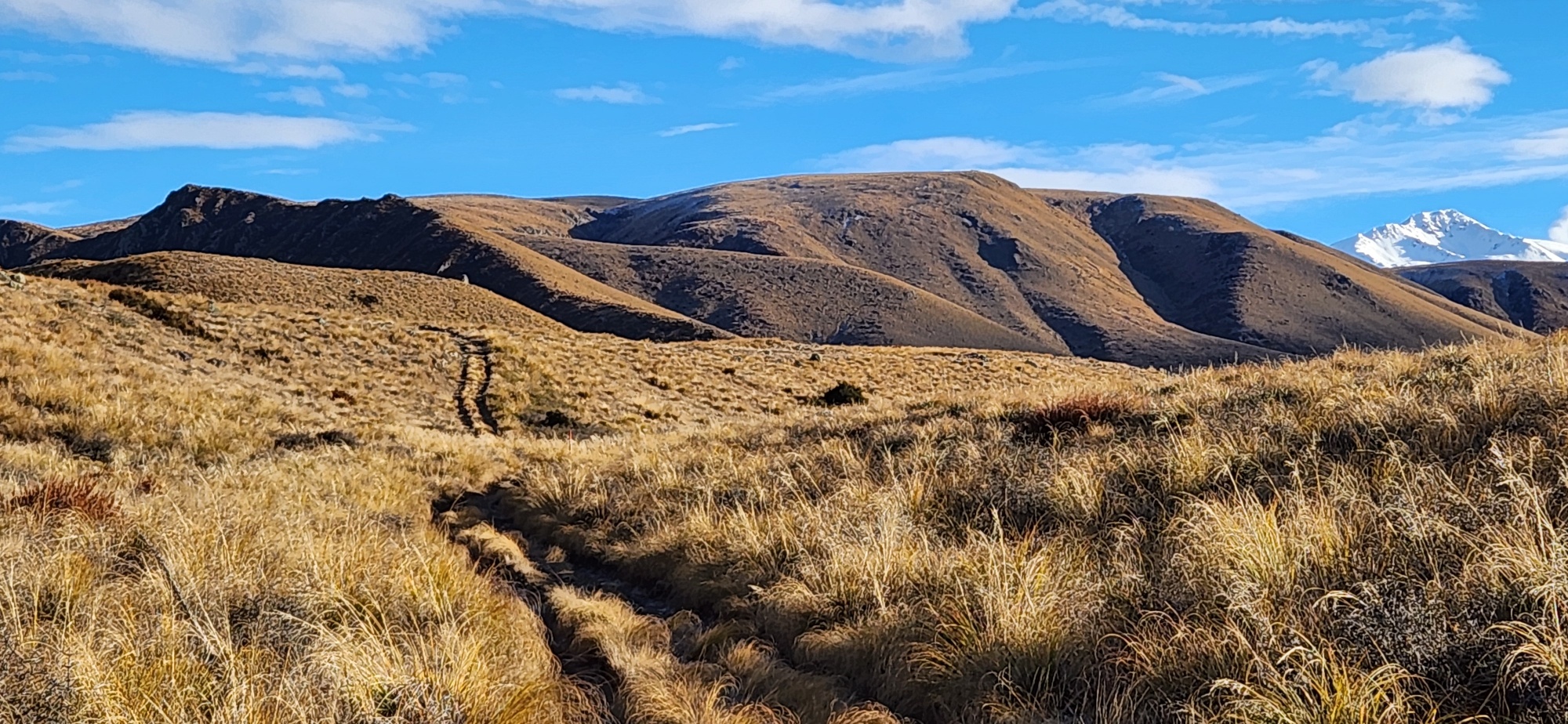The Ministry for the Environment (MfE) is funding five councils to pilot uploading biodiversity data they hold to the Global Biodiversity Information Facility (GBIF). This aims to both improve local government’s biodiversity data management and facilitate broader access and use of their publicly funded biodiversity data.
Councils are engaged and interested in GBIF
Across New Zealand, councils collect extensive biodiversity and biosecurity data. Sharing this data through GBIF could improve ease of access and greatly contribute to a fuller national picture. The recent MBIE Envirolink report, released in November 2023, highlighted the interest of councils in this space, and the likely feasibility of uploading local government biodiversity datasets to GBIF.
Councils are building GBIF capability and experience that can be shared
This funding will support the five councils to navigate the technical, permissions, privacy, and engagement requirements associated with GBIF uploads. The councils will document their experiences and share valuable insights, making it easier for other councils to follow suit with similar data types.
Council data will soon be available on GBIF
These pilot projects mean that some council data will soon be available on GBIF. This represents another step towards achieving GBIF-NZ’s vision ‘Comprehensive biodiversity information is available to underpin research, policymaking and management of our unique New Zealand biota’.
This initiative is a team effort
MfE wish to thank GBIF-NZ for their support and Auckland Council, Taranaki Regional Council, Nelson City Council, Environment Canterbury, and Otago Regional Council for their enthusiasm and efforts so far. As the whakatauki goes - ‘he rau ringa e oti ai’ (many hands make light work).
